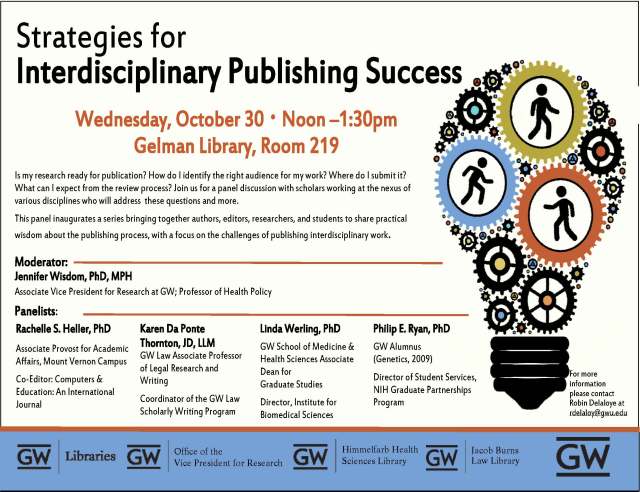Join a new group of GW authors by publishing in BMJ Case Reports. GW has a fellowship to BMJ Case Reports through Himmelfarb Library. This means that you currently have access to 7,000+ case reports from 70+ countries, and the opportunity to have your research published. Case reports are published in all fields of medicine and nursing.
Unlimited publishing opportunities
This online, peer-reviewed journal publishes clinically-important cases on common and rare conditions from all specialties. Its acceptance rate is 74.5%, which provides you with a great opportunity to distribute your work through BMJ—a world-renowned publisher.
Take advantage of unlimited case report submissions, supportive peer review and rapid publication. Your case will also be automatically promoted through MEDLINE/PubMed indexing.
The largest collection of case reports available
This unique collection of 7,000+ reports provides you with the following benefits:
- Permission to reuse material for personal use and educational purposes
- Interactive capabilities—rate and comment on other cases
- Updates when new content is published
Learn more at casereports.bmj.com and let me know if you have any questions!
For guidance on writing case reports, check out Writing Case Reports: A How-to Manual for Clinicians from Himmelfarb Library (Book Stacks: RM708 .W74 2009).
 Himmelfarb Library is hosting a panel discussion demystifying the process of writing case reports. We invite all our faculty members and their students to join us and learn tips on how to successfully write and publish your case report, with advice from the perspectives of an editor and published authors.
Himmelfarb Library is hosting a panel discussion demystifying the process of writing case reports. We invite all our faculty members and their students to join us and learn tips on how to successfully write and publish your case report, with advice from the perspectives of an editor and published authors.




